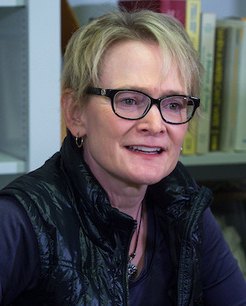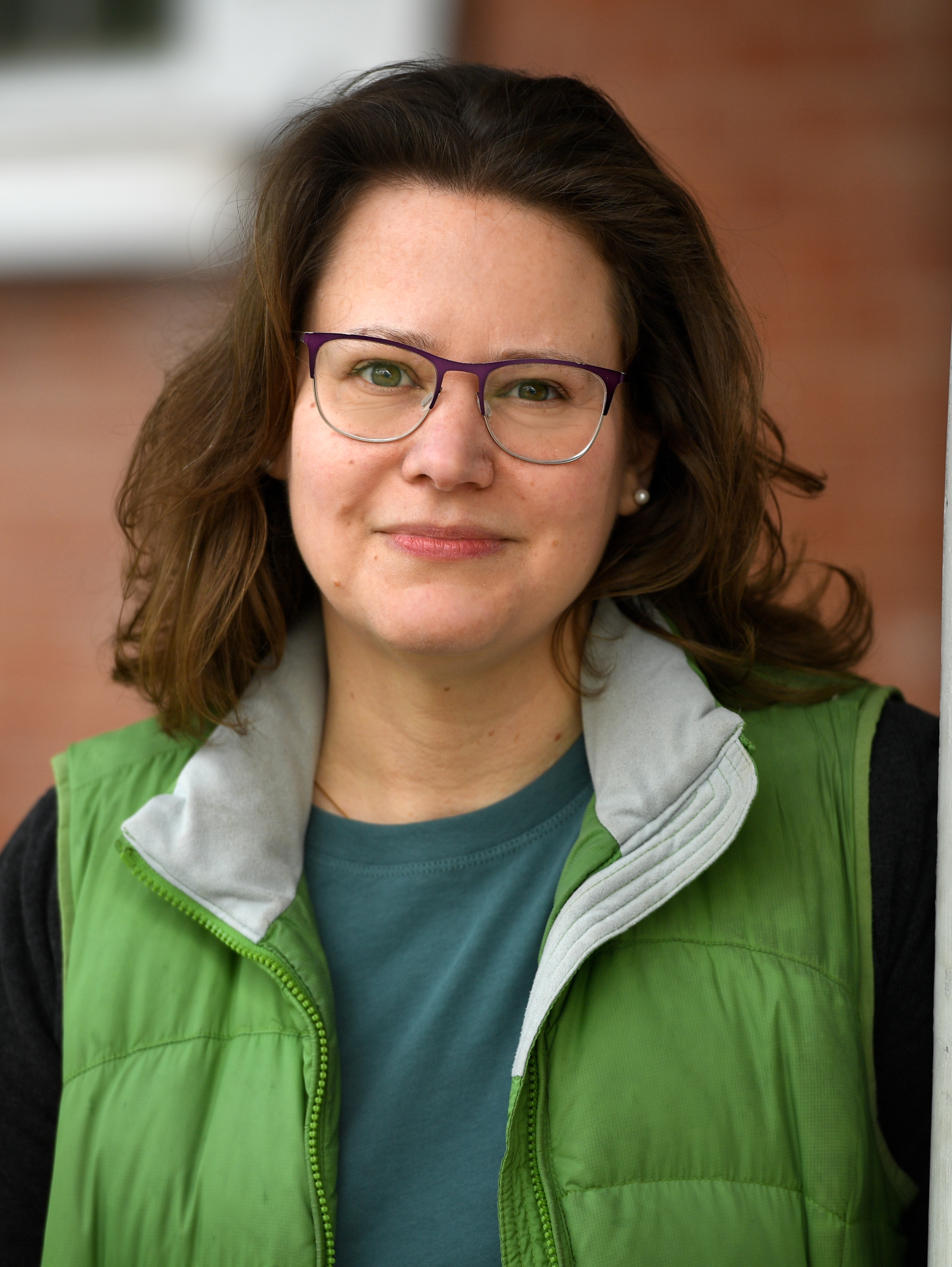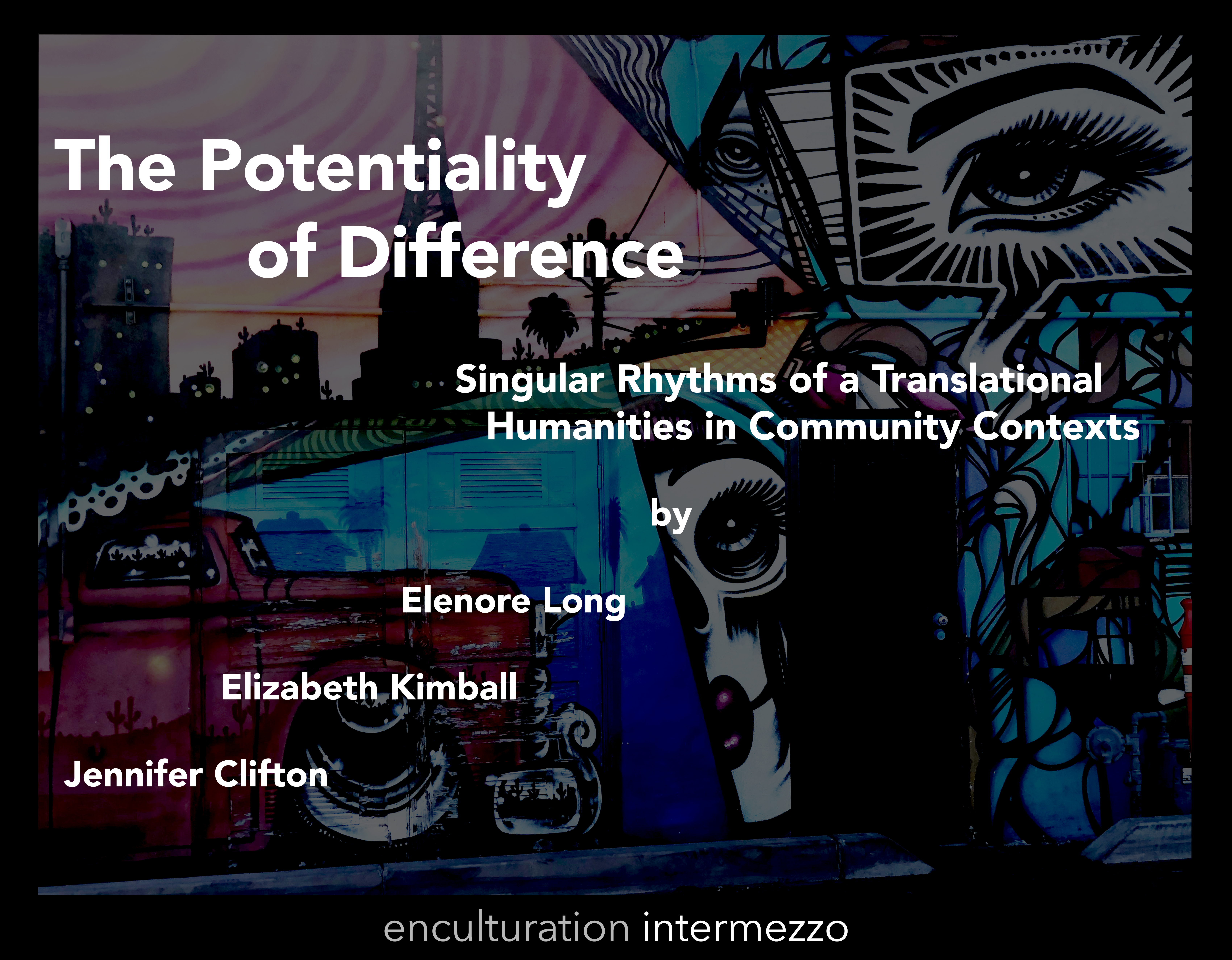13
The Potentiality of Difference: Singular Rhythms of a Translational Humanities in Community Contexts
Elenore Long, Elizabeth Kimball, and Jennifer Clifton
Web VersionISBN: 978-1-7339598-2-7 This ebook is published on the Manifold digital publishing platform.
|
About the Authors

Elenore Long is a professor in Writing, Rhetorics, and Literacies in the Department of English at ASU. She examines and theorizes how displaced people engage with and respond to global, social, cultural and economic disruptions. With colleagues at Carnegie Mellon University and Pittsburgh’s Community House, she developed a rhetorical model for intercultural inquiry. Since then, she has tested and refined that model across a range of participatory action research projects, including work with a Gambian American student organization, the Nipmuck tribe, and most recently with members of the South Sudanese diaspora in Phoenix, AZ. Her third book – A Responsive Rhetorical Art: Artistic Methods for Contemporary Public Life – is published by University Pittsburgh Press.

Elizabeth Kimball is Assistant Professor of English, Department of English and Philosophy, at Drexel University. Her research moves back and forth between the past and present, drawing on methods in archival recovery, translingual practice, and community engagement. She has partnered with organizations in Morristown NJ, Camden NJ, and Philadelphia to create shared spaces for learning and social change. Her book Translingual Inheritance: Language Diversity in Early National Philadelphia is forthcoming from University of Pittsburgh Press. She is currently beginning a project that engages rhetorics of transformation across religious and secular spaces in US public life.

Jennifer Clifton, Project Coordinator of Research, CoLab: Religion, Science and Technology in Public Life; Center for the Study of Religion and Conflict at Arizona State University. Her work focuses on partnering with emergent publics to design participatory methods for collaborative inquiry and deliberation in various ill-defined contexts. Central to this work is the question of what people do with deep differences and disjunctures as they are trying to construct something shared, distributed, contingent and contested. Her two books—both with Routledge, 2017—take up this question, theorizing dialogue across difference: one taking up the multiplicity of a self in dialogue; the other, argument in public life. Her second book—Argument as Dialogue Across Difference: Engaging Youth in Public Literacies—was nominated for the Conference on Community Writing’s 2017 Outstanding Book Award. Previously, she was faculty and program director of Rhetoric and Writing Studies at the University of Texas at El Paso and, before that, faculty and director of the Missouri Writing Project at the University of Missouri.
